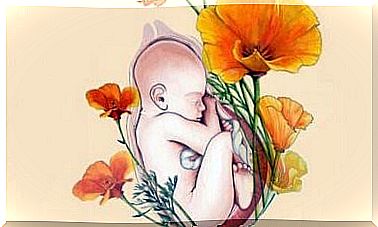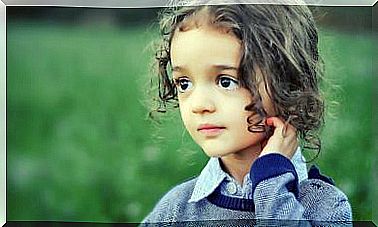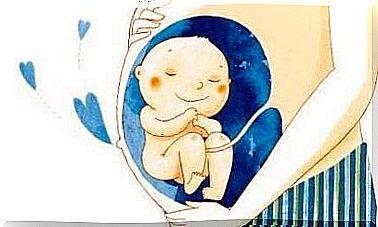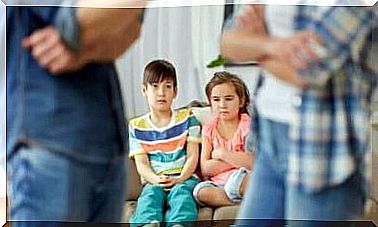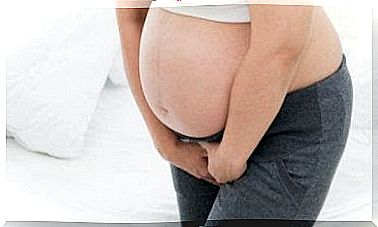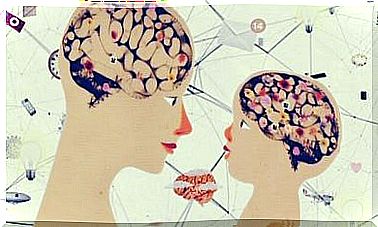Chronic Hives In Children: Causes And Treatment
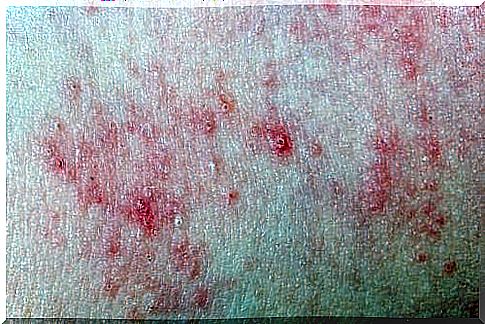
Read on to find out more about chronic hives in children. Hives, also known as urticaria, usually last only a few hours or a few days. But in chronic cases, this itchy rash can last for six weeks or more.
Chronic hives refer to a set of conditions that affect the skin. It causes rashes that can take over six weeks to go away. In general, chronic hives in children are caused by an allergic reaction.
In other words, the irritation characteristic of this condition is a reaction of the body to allergens. Chronic hives in children cause itching and discomfort. Parents should monitor the condition closely until it passes.
Chronic hives in children can occur in the form of dots, red spots or pits. They can occur in isolation or in a lump or can spread over large parts of the body.
For example, a case of hives can affect an entire arm, or just a small spot of skin.
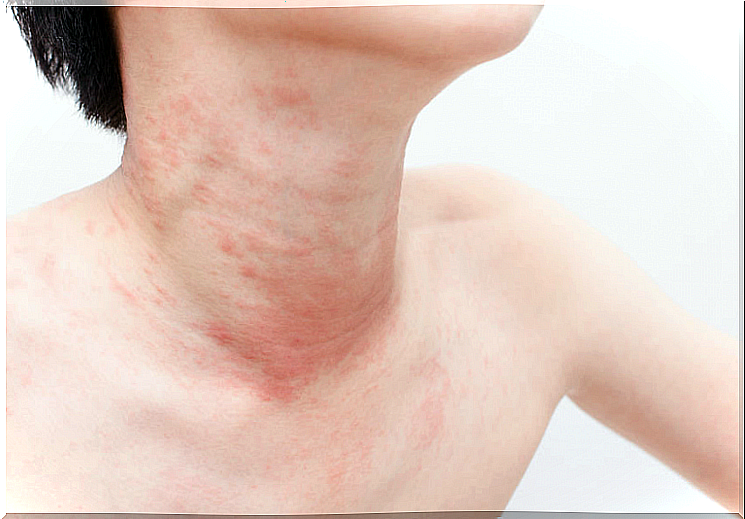
Causes
This condition occurs when immune cells called mast cells in the blood encounter the chemical histamine. This causes small blood vessels under the skin to open. Fluid accumulates in the skin and causes pimples, spots or pits.
The exact cause of this reaction can be difficult to determine. There are many things that can trigger a case of hives, and all bodies react differently.
This means that in many cases it is impossible to determine what causes chronic hives in children. But many outbreaks are linked to:
- Autoimmune conditions
- Insect bites
- Side effects of medication
- Food allergies
Symptoms of chronic hives in children
The main symptom of urticaria in children is an outbreak of raised marks, dots or pits.
The color of these can vary, with a lighter color in the middle of each elevation. They can occur in groups or individually.
The rash can move and change shape and appearance over time. The size also varies. Chronic hives usually come with itching and a stinging or burning sensation.
Depending on the type of urticaria, swelling or inflammation may occur. In very severe cases of hives, this swelling can affect the inside of the throat, causing:
- Fatigue
- Difficulty breathing
- Loss of consciousness due to anaphylactic shock
Diagnosis
Doctors can generally diagnose this condition with a quick physical examination. As mentioned, the cause of chronic hives in children can be more difficult to determine.
Your doctor will ask a series of questions about your child’s medical history and possible exposure to allergens.
To determine the cause of the condition, your doctor may ask you to write a daily journal of everything your child eats and drinks. Diagnostic tests may also be necessary, such as a blood test.
One way to investigate whether there are chronic hives in children is to bring an ice cube to the skin and observe how the rash reacts to the cooling.
Other doctors use a small weight to put pressure on a muscle to see if the pressure causes new marks to appear.
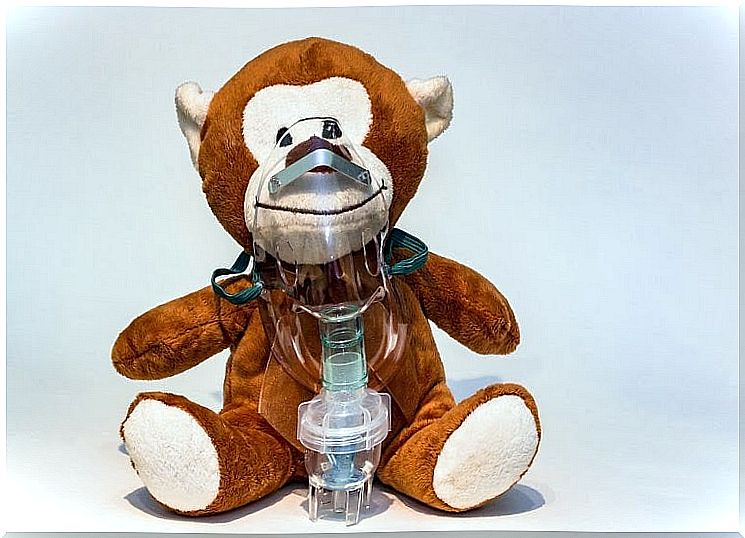
Treatment of chronic hives in children
Mild cases of urticaria tend to go away on their own and require no treatment. However, in chronic hives, it is important to identify what has caused the reaction. In this way, you can exclude the allergen as much as possible from the child’s everyday life.
If your child suffers from a severe rash, their pediatrician may prescribe an antihistamine to stop the body from releasing histamine into the bloodstream and thus stop the irritation.
Never give your child medicine without the advice of your doctor.
If a standard antihistamine does not work, a stronger medicine or a combination of medicines may be necessary.
In some cases of chronic hives in children, doctors may prescribe oral steroids. These should be taken for a short period of 5 days to 2 weeks.
It is important to limit the child’s exposure to steroid medication due to its side effects.
If your child has chronic hives, do not panic. As with many skin conditions, applying lotions, creams or home remedies can be counterproductive.
Talk to your doctor and look for the right solution for your child.

